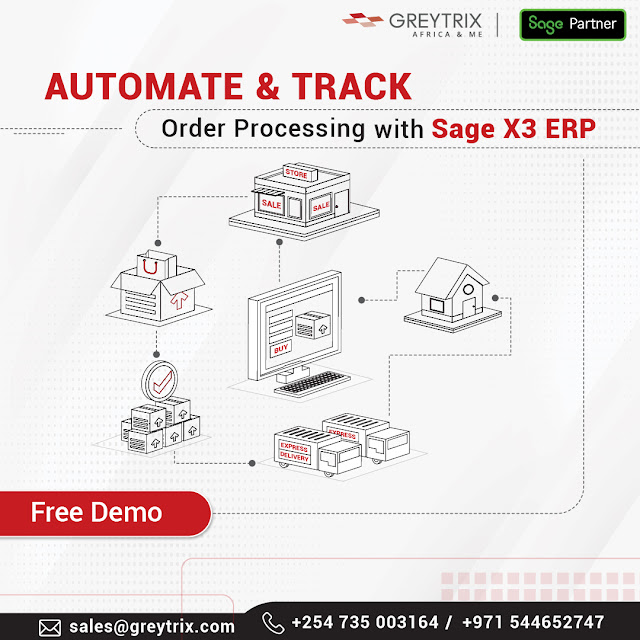How CRM Software Can Help You Streamline Your Sales Funnel

In today’s fast-paced business environment, managing leads, optimizing follow-ups, and converting prospects into customers is a complex journey that needs precision and agility. For any business looking to refine its sales funnel, implementing Customer Relationship Management (CRM) software is an excellent investment. A CRM system provides businesses with essential tools to automate, monitor, and enhance the customer journey, creating a streamlined sales funnel that maximizes conversion opportunities and boosts overall sales performance. Here’s how CRM software can significantly improve each stage of your sales funnel. 1. Lead Generation and Tracking The top of the sales funnel is where potential customers first enter, usually as leads from marketing activities, referrals, website visits, or events. CRM software simplifies lead generation and tracking by allowing you to capture leads from multiple sources automatically and store them in one centralized system. With this single...







